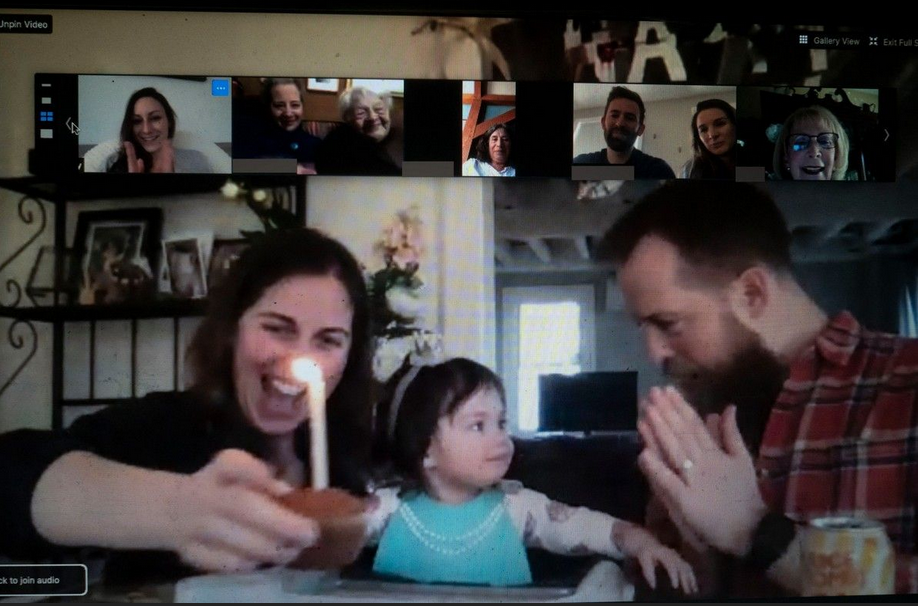A couple of times in history, I’ve had to navigate the doldrums of social and economic shutdown. I’ve lived in countries where safety, security and sustainability could not be taken for granted. We’ve found ourselves in the midst of political upheaval, violence and fear. Our clients had to send their people home, which meant no business for them, nor for us. For months on end.
I thought it might be useful to share my experience and some up to date tips. This won’t work for everyone, but it has – and is – for us.
Lessons learned:
– we were able to read the signs and take early action
– we had no borrowings, slashed our outgoings to rock bottom, and held cash savings enough for three months
– on one occasion, we were able to take the decision to relocate, and we set up in another country in the space of three months
– we adapted our business offering to fit new patterns of demand
– we had a great support network of family and friends, not huge numbers but people we could really rely on (and they on us)
– every time, things did not go back to the old normal
– what’s helping us now is multiple streams of income – and multiple projects we’re working on –that don’t all dry up at once
– and we can do nearly everything online.
The toll from the shutdown on our sanity, family, community and economy is going to be tough and long lasting. It’s time to be pragmatic and consciously start to adapt to the ‘new normal’ that’s emerging. Here’s a list I’ve curated of practical tips for coping with the ‘now’.
– Don’t fret about the world, focus on yours.
– Time has effectively stopped: there are no deadlines.
– Ignore the pressure to carry on, to perform, or to relentlessly pursue your old norm.
– Spend time building and strengthening relationships – both social and professional – they’re what will keep you sane and what will drive new opportunities.
– Extend your reach into new networks in new realms (interests, professions, countries).
– Work out what your new normal looks and feels like.
– Be prepared to do something completely different.
– Put in place a contingency plan for when it happens again, or gets worse.
– Brace for the possibility of tragedy: most people will get the virus at some point.
– Prepare for 12-18 months, including the mother and father of all recessions.
– Be thankful for what you’ve got.
– Remember it’s not the toughest, richest or smartest that survive, but the most adaptable.
